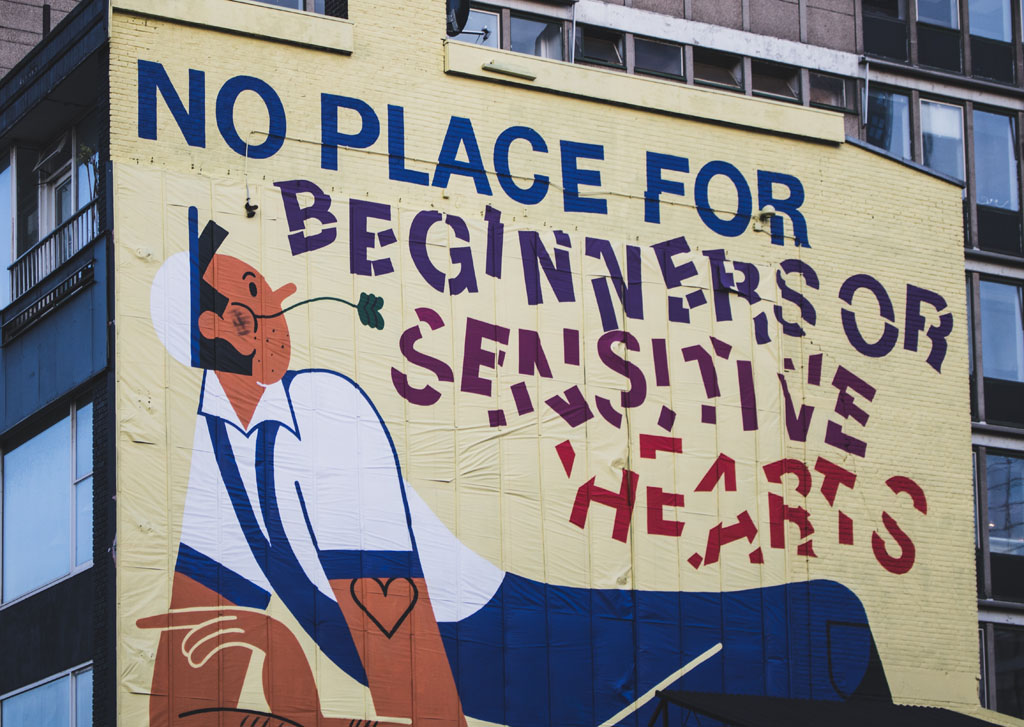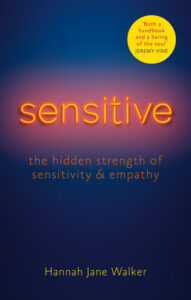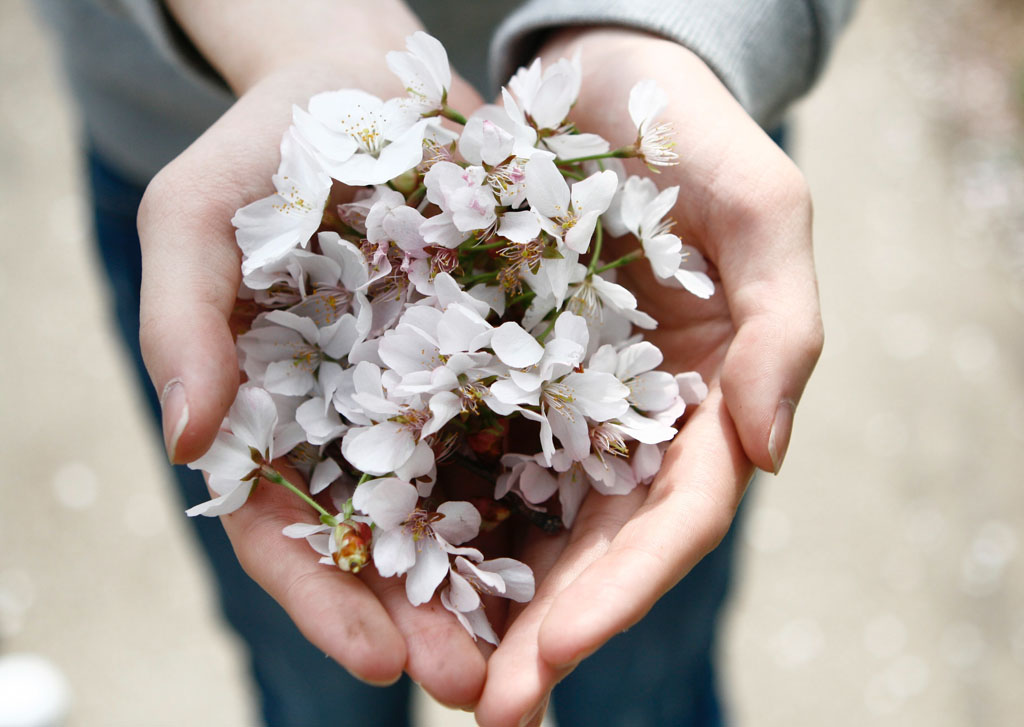Sensitive by Hannah Jane Walker: The Hidden Strength of Sensitivity & Empathy
The low-down: Whenever Hannah Jane Walker was told that she was too sensitive, she would experience a “slap of shame”. She would wonder at which point she’d shown too much sensitivity and if she’d embarrassed herself in the process. If you can relate to this, there’s a chance that you could be a ‘highly sensitive person’ (HSP) too.

In bringing her own sensitivity to the table, Walker has produced a book that’s as tender as it is insightful
On becoming a mother and realising that her daughter appeared to share her sensitive nature, Walker embarked on a journey to learn as much as possible about sensitivity.
“It is a waste to spend a large part of your life wishing your nature was different, and if I still flinch with shame about my sensitivity, my daughter will flinch at her own nature too”, she observes.
She discovered that sensitivity is a common and significantly undervalued trait. Evidence suggests that around one fifth of the population could be classified as highly sensitive.
Unfortunately for this significant minority: “We currently live in a society that does not value sensitivity. So undervalued is it, in fact, that many people consider it a guaranteed path to failure,” she writes.
In light of this, it is common for children to be educated out of their sensitivity, or to “toughen up” and essentially deny this part of their nature in order to meet society’s demands and expectations.

“The world is not really set up for highly sensitive people”
In Sensitive: The Hidden Strength of Sensitivity & Empathy, Walker’s debut book, she considers how “we might learn to use sensitivity as a path to forging new selves and a new way of existing – as a strength, a valuable resource, not just in individual self-help contexts, but in the collective social fabric and in the stories we tell about what we value and how we live.”
Understanding sensitivity: Though sensitivity is loaded with denigration, it is simply a common character trait that’s found “in equal measure among genders, and in introverts and extroverts alike, but is slightly more likely to be found in introverts”, discovers Walker.
In order to find the appropriate response to a given situation, HSPs use their senses (hence the word ‘sensitivity’) to pay extra attention to people and the environment. This gives them the ability to notice what others might miss and to see the big picture. They are the metaphorical canaries in the coalmine.
Given how attuned they are to the environment and the people around them, it’s not surprising that HSPs are prone to feeling overwhelmed and can be disproportionately affected by other people’s moods and emotions. As such, it’s important to recognise the early warning signs of burnout and practise a set of skills that includes accepting and making space for emotions, setting boundaries, self-regulation and self-compassion. Don’t miss the interview with Jessica O’Garr from The Psych Collective for greater insight and tips.
HSPs tend to feel things more intensely and are likely to be intuitive, authentic, emotionally intelligent, curious and conscientious. Highly sensitive children are more likely to be affected by both a negative and a positive environment. It’s “a gift with challenges.”
Best for: If you’ve ever felt deficient because you equate your sensitivity with weakness, or if you’ve wondered why others appear thick skinned while you seem to be missing that protective layer, this exploration of sensitivity is for you. It blends expert interviews with personal insights into what it’s like to be an HSP in a world that’s not set up for the highly sensitive. In bringing her own sensitivity to the table, Walker has produced a book that’s as tender as it is insightful.
 Thumbs up: Walker examines where sensitivity sits in society and rewrites the narrative that says that it is useless, weak and has no real-life value. Instead, she discovers that it is “a much misunderstood strength. And that labelling it as weak, not normal, a problem, undermines its currency, not just for HSPs but for us all.”
Thumbs up: Walker examines where sensitivity sits in society and rewrites the narrative that says that it is useless, weak and has no real-life value. Instead, she discovers that it is “a much misunderstood strength. And that labelling it as weak, not normal, a problem, undermines its currency, not just for HSPs but for us all.”
Are you an HSP?: In the course of her research, Walker interviews the author and psychologist Dr Elaine Aron, who “put sensitivity on the map” and coined the phrase ‘highly sensitive person’. Aron’s website offers a free self-assessment test to assist in determining if you’re highly sensitive.
- Sensitive: The Hidden Strength of Sensitivity and Empathy by Hannah Jane Walker is published by Aster (£9.99)
On The Hidden Strength of Sensitivity & Empathy…
“HSPs understand the subtleties, the facets of complexity that form people and situations, including motives and bias.”
“They understand layers of information, can see a bird’s-eye view and close detail, and they are drawn to and motivated by meaning.”
“To live in balance with environment requires the skill of sensitivity – to hold the idea of ourselves as part of something.”
“HSPs are good at empathy. Empathy is social glue. We need social glue. Also, HSP brains pre-plan behaviour – we need pre-planned behaviour.”
Image credits
Author portrait: Alexandra Cameron
Lead image: Chungkuk Bae – Unsplash
‘No place for sensitive hearts’ mural: Nicole Baster – Unsplash

